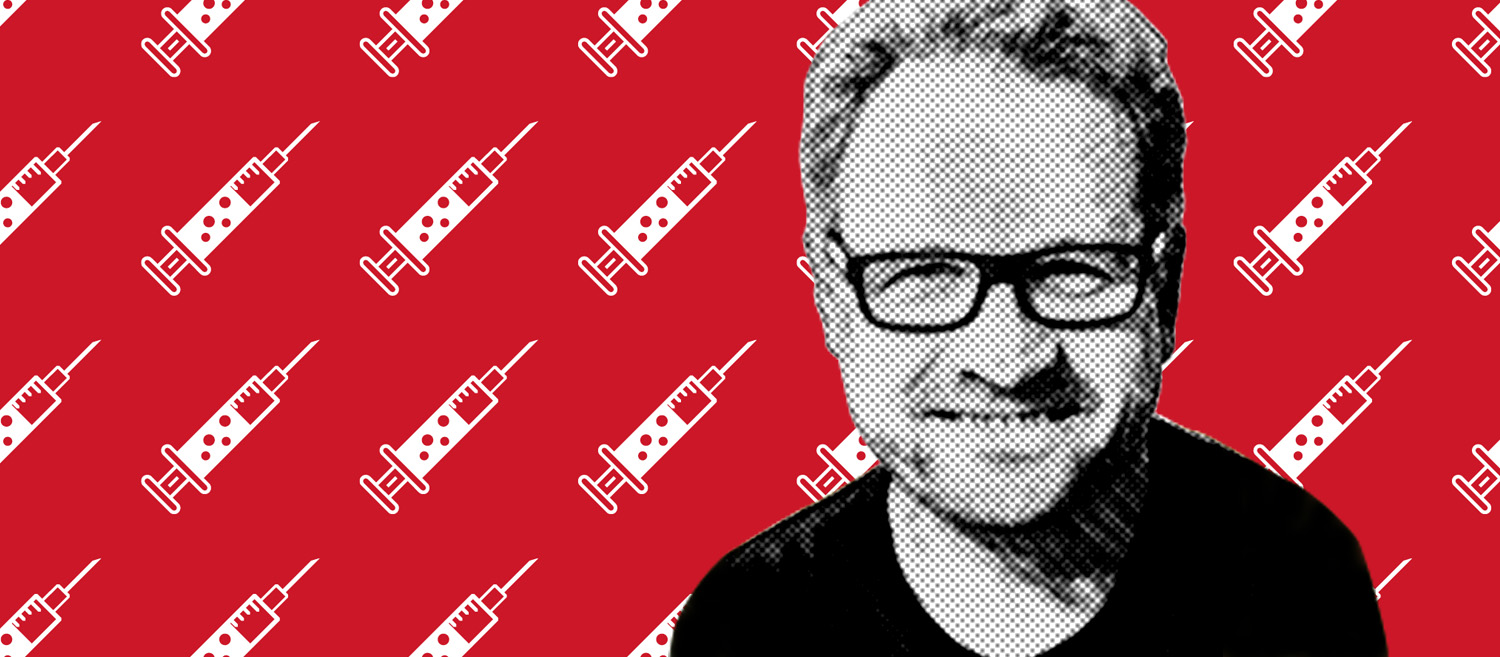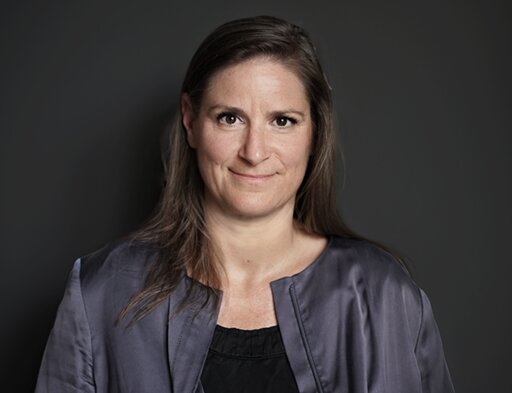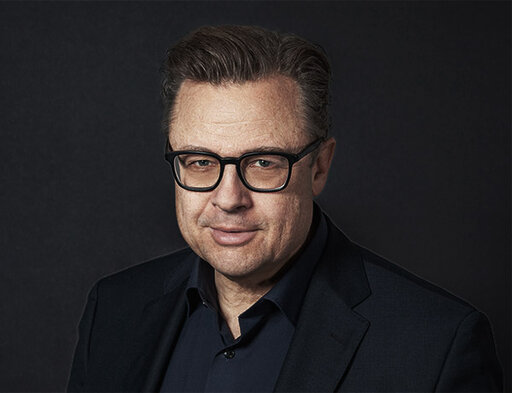Guest author Florian Martius, former TV journalist and Chief Editor of N24 (now known as: Welt) is Chief Editor of the news platform Pharma Fakten (German only) and communications consultant. He has been doing vaccination communication for over 15 years now – for clients including various vaccine developers and manufacturers. But this is something that isn’t getting easier, he finds. Also in part 2: Listening pays off! In our komm.passion Podcast, we discuss three theses on the topic of vaccination.
| Name | Provider | Purpose | Duration |
|---|---|---|---|
| be_typo_user | komm-passion.de | Backend login | Session duration |
| PHPSESSID | komm-passion.de | User recognition | Session duration |
| cookieoption | komm-passion.de | Opt-in cookie stores the visitor’s cookie settings. | 30 days |
| watchedVideo_* | komm-passion.de | Store if the visitor has previously visited the website. If installed, the intro video is not displayed. | 30 days |
acceptIframe_* | komm-passion.de | Stores whether the user has allowed an iframe to be opened. | Session duration |



 KOMM-PASSION.DE
KOMM-PASSION.DE